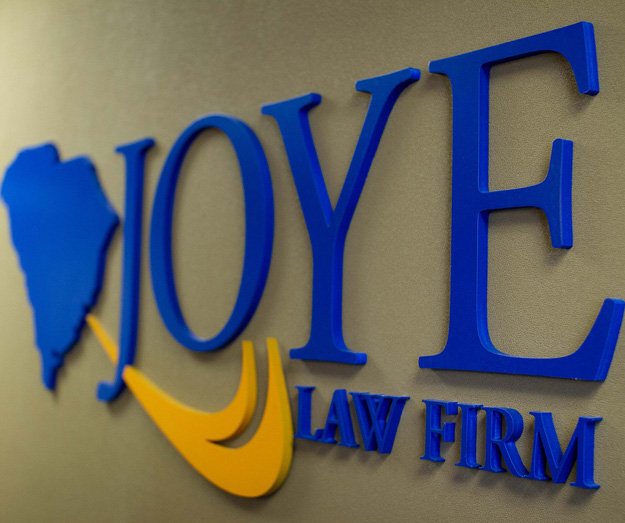
Some people in South Carolina who qualify for workers’ compensation after an on-the-job injury are also eligible for Social Security Disability (SSD) benefits. But you might not be able to receive the full allotment of SSD benefits and workers’ compensation at the same time.
Combining workers’ compensation or another public disability benefit with SSD can be tricky, which is why it’s important to seek the advice of an attorney who has significant experience with both the workers’ compensation and the SSD systems.
Receiving workers’ compensation may reduce the amount of your other benefits. The total amount of your SSD and workers’ compensation benefits cannot exceed 80 percent of your average earnings before you became disabled. This includes any benefits received by other family members based on your earnings record. Their SSD benefits will be added together in calculating that 80 percent.
For example, a Social Security Administration pamphlet explains that if your average earnings before you became disabled were $4,000 per month, you, your spouse and two children would be eligible for a total of $2,200 per month in SSD benefits. If you also receive a workers’ compensation award of $2,000 per month, the total benefit amount of $4,200 would be more than 80 percent of your average income, which is $3,200. Therefore, your benefits would be reduced by $1,000 per month.
The process of Social Security reducing disability benefits to account for workers’ compensation is called a “workers’ compensation offset.” It’s not something most workers would know about, and not knowing about this offset could cost you money you need as you get your life back together.
An experienced attorney can explain to you the complicated laws and how the Social Security Administration calculates the offset. The offset is calculated based on all the benefits you receive, including:
- Workers’ compensation.
- SSD, including family benefits based on your earnings record.
- Other public disability benefits paid under any federal, state or local public law or plan.
A lawyer can work with you to resolve your case in a way that leaves you with the most money possible. It’s especially important to work with an attorney if you receive a lump-sum payment on a workers’ compensation claim. An attorney can help set up the settlement in a way that won’t jeopardize your eligibility for full SSD benefits.
Source:


































